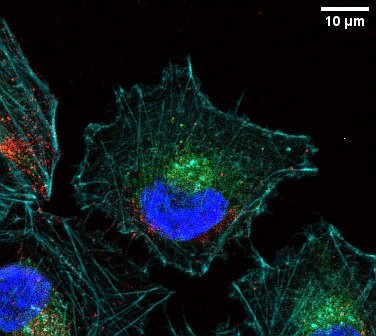MIT Research Unveils Rivers' Role in Enhancing Coral Reef Health

In a groundbreaking study published on June 21, 2025, in the peer-reviewed journal Geophysical Research Letters, researchers from the Massachusetts Institute of Technology (MIT) have provided the first empirical evidence that rivers significantly contribute to the formation and health of coral reef passes. This finding contradicts the longstanding belief that river discharge negatively affects coral ecosystems. The study, led by Professor Taylor Perron and graduate student Megan Gillen, specifically focused on the Society Islands in the South Pacific, which includes well-known locations such as Tahiti and Bora Bora.
The research highlights the importance of reef passes, defined as deep, navigable channels that cut through coral reefs surrounding volcanic islands. These channels serve as crucial conduits for nutrient-rich saltwater, promoting circulation and maintaining coral health. "Our findings show that coral reefs align with the outlets of large island rivers, suggesting a symbiotic relationship that has been underestimated in past research," stated Professor Perron.
Historically, the interaction between rivers and coral reefs has been viewed predominantly through a negative lens, especially due to concerns over sedimentation and freshwater influx from agricultural runoff. However, Gillen asserts that their study shifts this paradigm, revealing potential long-term benefits of river systems on coral health. “This research indicates that rivers can enhance water circulation between lagoons and oceans, which could reshape conservation efforts aimed at protecting coral reefs,” she remarked.
The authors identified two significant mechanisms for the formation of reef passes driven by river activity: reef incision and reef encroachment. Reef incision occurs when rivers cut passes into coral structures during periods of lower sea levels, whereas reef encroachment happens when old river channels are preserved as sea levels rise. These processes illustrate how rivers actively shape coral reef landscapes over geological timescales.
Data for this study was gathered through geospatial analysis, utilizing satellite imagery and historical maps, given the constraints posed by the COVID-19 pandemic on field research. The results provide compelling evidence that river systems are not merely detrimental to coral ecosystems but are integral to their development and sustainability.
“Understanding the natural dynamics between rivers and coral reefs is essential for effective conservation strategies,” said Dr. Emily Waters, a marine biologist at the University of California, San Diego, who was not involved in the study. “This research opens up new avenues for engineering river systems to support coral health and resilience.”
Furthermore, the implications of these findings may extend to global coral conservation strategies, particularly in light of climate change and rising sea levels. While traditionally, conservation efforts have focused on reducing river sedimentation and nutrient runoff, this new perspective encourages a reevaluation of how land and water management practices can synergistically benefit both aquatic and terrestrial ecosystems.
As Gillen prepares to further investigate engineered solutions to optimize river-coral interactions, this study marks a pivotal moment in marine ecology that underscores the complexity and interconnectedness of natural systems. The MIT team encourages further research to explore the broader ecological impacts of river systems on marine environments, aiming to foster a more integrated approach to ecological conservation moving forward.
Advertisement
Tags
Advertisement





